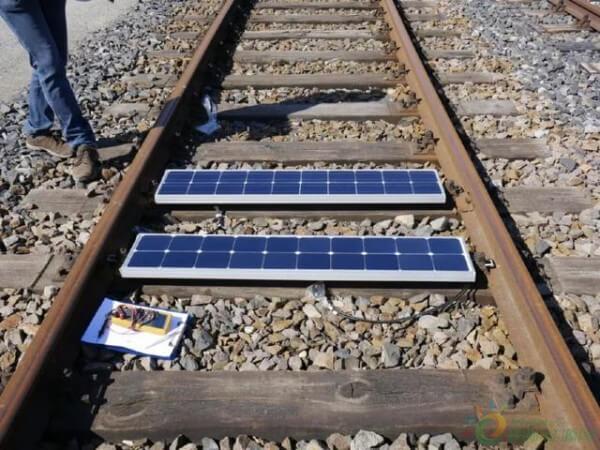There are several advantages to using solar panels, including:
- Clean energy: Solar panels produce electricity from sunlight, which is a clean and renewable source of energy. This reduces the dependence on non-renewable sources of energy, such as coal and natural gas, and helps to reduce greenhouse gas emissions.
- Cost savings: Solar panels can save homeowners and businesses money on their electricity bills by reducing the amount of electricity they need to purchase from the grid. Over time, the cost savings from using solar panels can add up, making them a smart investment.
- Increased property value: Solar panels can increase the value of a property. According to some studies, homes with solar panels can sell for a higher price and have a faster time on the market compared to homes without solar panels.
- Reliability: Solar panels are designed to last for several decades, providing a reliable source of electricity for years to come. In addition, they require very little maintenance, making them a low-cost and low-maintenance option.
- Energy independence: Solar panels allow homeowners and businesses to produce their own electricity, reducing their dependence on the grid. This can be especially important during power outages or other emergencies, when access to electricity is critical.
- Reduced carbon footprint: By reducing the demand for non-renewable sources of energy, solar panels can help to reduce the carbon footprint of a home or business. This can help to reduce the impact of human activity on the environment and promote sustainability.
Overall, solar panels offer a number of advantages, including clean energy, cost savings, increased property value, reliability, energy independence, and reduced carbon footprint. These benefits make solar panels a popular and attractive option for homeowners and businesses looking to invest in renewable energy.



